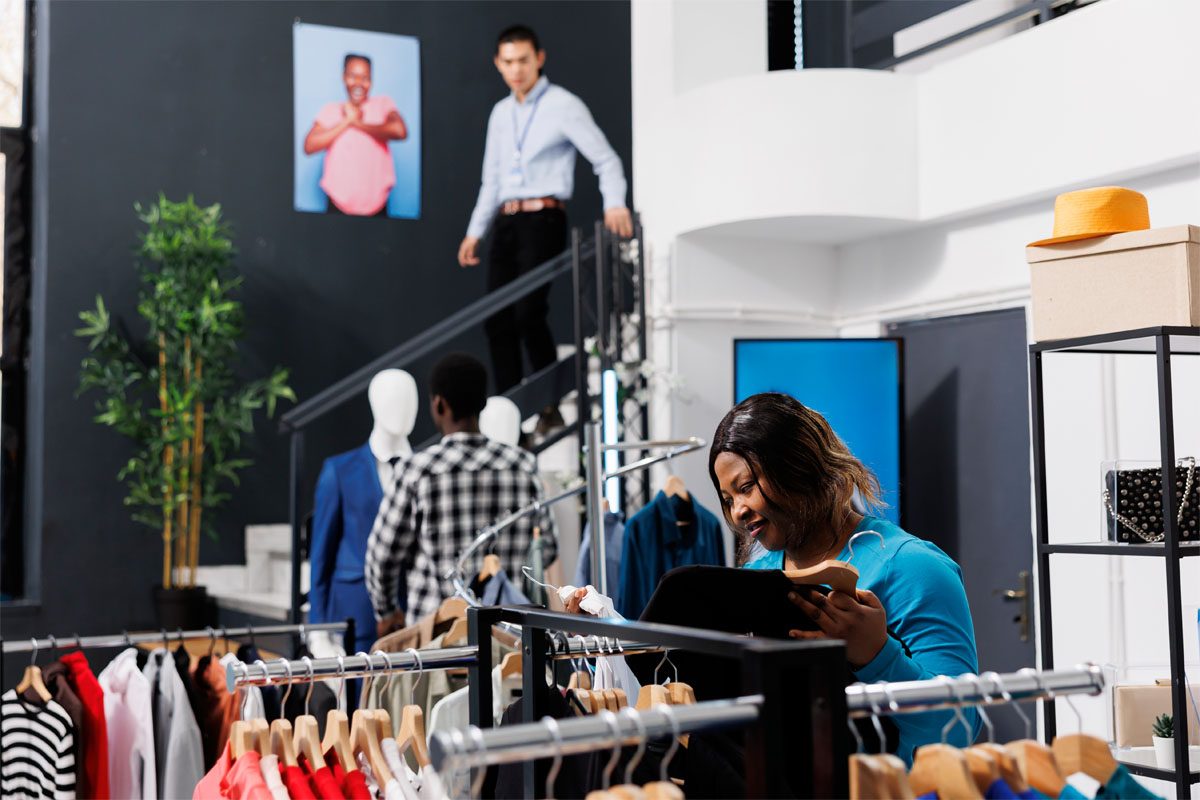Retail is the process where products are exchanged for money, be it cash or credit, in small quantities, for the intentional consumer. Conventionally carried out in physical locations, there has been an up-tick trend in recent years to include online sales also. Retail happens as the last step in sales processes. Primarily a product is produced and sold in mass quantities to wholesalers. The wholesaler then sells the product in large quantities to a couple of retailers (that partake in retail), who then sells the product(s) in small quantities to many consumers – the ending point in the retail process.
How Did Modern Retail Evolve?
Retail started as a type of trade. In early civilizations we would get together in informal market squares to exchange and sell goods. These market squares eventually came to be more formal, with fixed hours and vendors covering a fee for renting a location out. Makers of metal working and textiles would position their workshops near the squares, so they would be able to make products to sell in the market squares when the markets were closed, but also making it easier for potential customers to locate them for orders. In due course customers began going to larger markets directly. In the end these small market squares and farm direct sales succumbed to store fronts, and, in turn begat department stores and mail-order sales, and ultimately gave way to e-commerce and mall-based retail.
What Types Of Retail Are There?
Whereas e-commerce and physically located stores are universally recognized types of retail, there are other types out there also. They comprise of types of store retailing in addition to non-store retailing.
Store retailing may include places such as: pharmacies, corner stores, shops, showrooms, five and dime stores, and discount stores.
Non-store retail could include sorts of retail that appear like:
- Direct Marketing: Directed sales by a retailer that comprises catalogs and web-based sales.
- Party Plans/ Direct Sales: A type of retail that involves the sale directly to the consumer via door-to-door sales, and through colleagues and friends. Often through parties in which the party’s host invites friends and relatives.
- Automatic vending: no longer restricted to snacks and drinks, retailers have altered this platform to stock skin care products, electronic items, etc.
Why We Need Retail.
Retail is vital since it keeps costs low for consumers. Manufacturers must only concentrate on production. They are able to sell to their merchants in big amounts at a low cost for the reason that they don’t have to be concerned about costs such as advertising, hiring salespeople, and getting the product in front of consumers. They only need to be concerned about production. Since they spend their time concentrating on one thing, they can manufacture products quickly. However, goods bought directly from the craftsman are usually more expensive. The craftsman must oversee logistics, manufacturing, advertising, after-sales service, and sales themselves. This restricts the amount of time they can spend on manufacturing and increases the amount that they must charge their customers to fulfill the cost of living.
Bargain Store Equipment
Bargain Store Equipment is your one stop shop for retail store equipment as well as restaurant equipment, display cases, shelving and more. We have great prices on all your retail equipment needs including slatwalls, mannequins, gridwalls, counters, gondola shelves, showcases, display refrigerators and more. Contact Bargain Store Equipment today!














